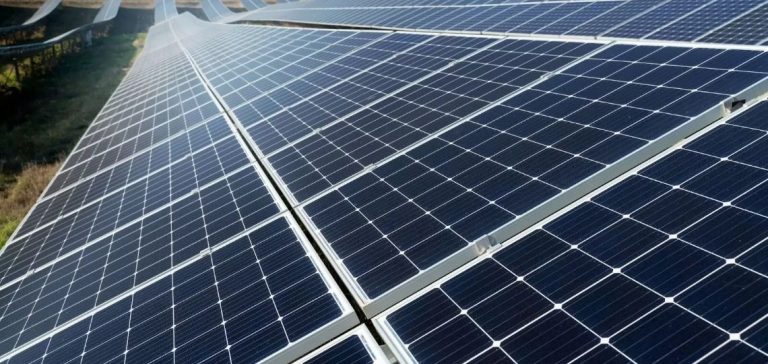Heliene Inc., a North American manufacturer of photovoltaic (PV) solar modules, has secured a 54 million USD equity investment with Transition Equity Partners (TEP). This agreement aims to strengthen Heliene’s domestic production capacity and solidify its position in the North American solar market.
This investment follows the 170 million USD raised in 2023 from Orion Infrastructure Capital (OIC) and several key customers of Heliene. The capital injection will support the development of a new 550 MW production line in Rogers, Minnesota, and the creation of over 150 full-time jobs. With this expansion, Heliene’s total U.S. manufacturing capacity will reach approximately 1.5 GW per year.
Expansion and Strategic Partnerships
Heliene benefits from strong strategic partnerships, including a 2.0 GW supply agreement with Excelsior Energy Capital and a 1.5 GW agreement with Nexamp. These partnerships were highlighted by Jennifer M. Granholm, U.S. Secretary of Energy, who noted that this investment “would stimulate American manufacturing and create jobs while lowering families’ energy bills.”
By leveraging the Inflation Reduction Act (IRA), Heliene plans to capitalize on the 45X production tax credit. In addition, Heliene’s customers can benefit from the Domestic Content Adder (DCA), providing a decisive competitive advantage in the renewable energy market. This strategy creates favorable conditions for Heliene while strengthening the domestic solar supply chain.
Development of the Solar Supply Chain
Heliene has established partnerships with several companies to enhance its U.S. solar supply chain. Among these collaborations are Suniva for U.S.-made solar cells, SOLARCYCLE for U.S.-made solar glass, and OMCO Solar as a domestic racking partner. Additionally, Premier Energies is collaborating with Heliene on a cell manufacturing joint venture, and NorSun is focusing on domestic wafer production.
These initiatives are essential to diversify and secure the U.S. solar supply chain, reducing import dependence and promoting energy autonomy.
Comments from Executives
Martin Pochtaruk, CEO of Heliene, stated: “This investment from Transition Equity Partners is a key milestone in Heliene’s growth journey. It empowers us to expand our capacity to deliver high-quality, bankable, domestically produced solar modules that power the clean energy transition.”
Michael Allison, Partner at TEP, added: “Heliene’s operational excellence and strong market position, combined with the support of the Inflation Reduction Act, make this a rare opportunity to invest in U.S. solar manufacturing. Our investment reflects our confidence in Heliene’s leadership and its growth potential as the demand for clean energy continues to surge.”
Impact on the North American Solar Market
With this expansion, Heliene strengthens its position as one of the oldest solar manufacturers in North America, having served the market through multiple economic cycles over the past 14 years. The new production line in Rogers will significantly boost the company’s capacity, meeting the growing demand for solar energy.
Heliene’s initiative aligns with a broader trend of strengthening U.S. domestic energy production, supported by favorable policies and private investments. This not only contributes to job creation but also reduces the carbon footprint by promoting renewable energy solutions.
Financial Advisory and Support
Stifel acted as the exclusive financial advisor to Heliene in this transaction, ensuring optimal investment structuring and effective integration of the funds into the company’s operations.
This strategic collaboration between Heliene and Transition Equity Partners marks a significant step forward in the renewable energy sector, illustrating the commitment of companies to support the energy transition while strengthening the local economy.






















